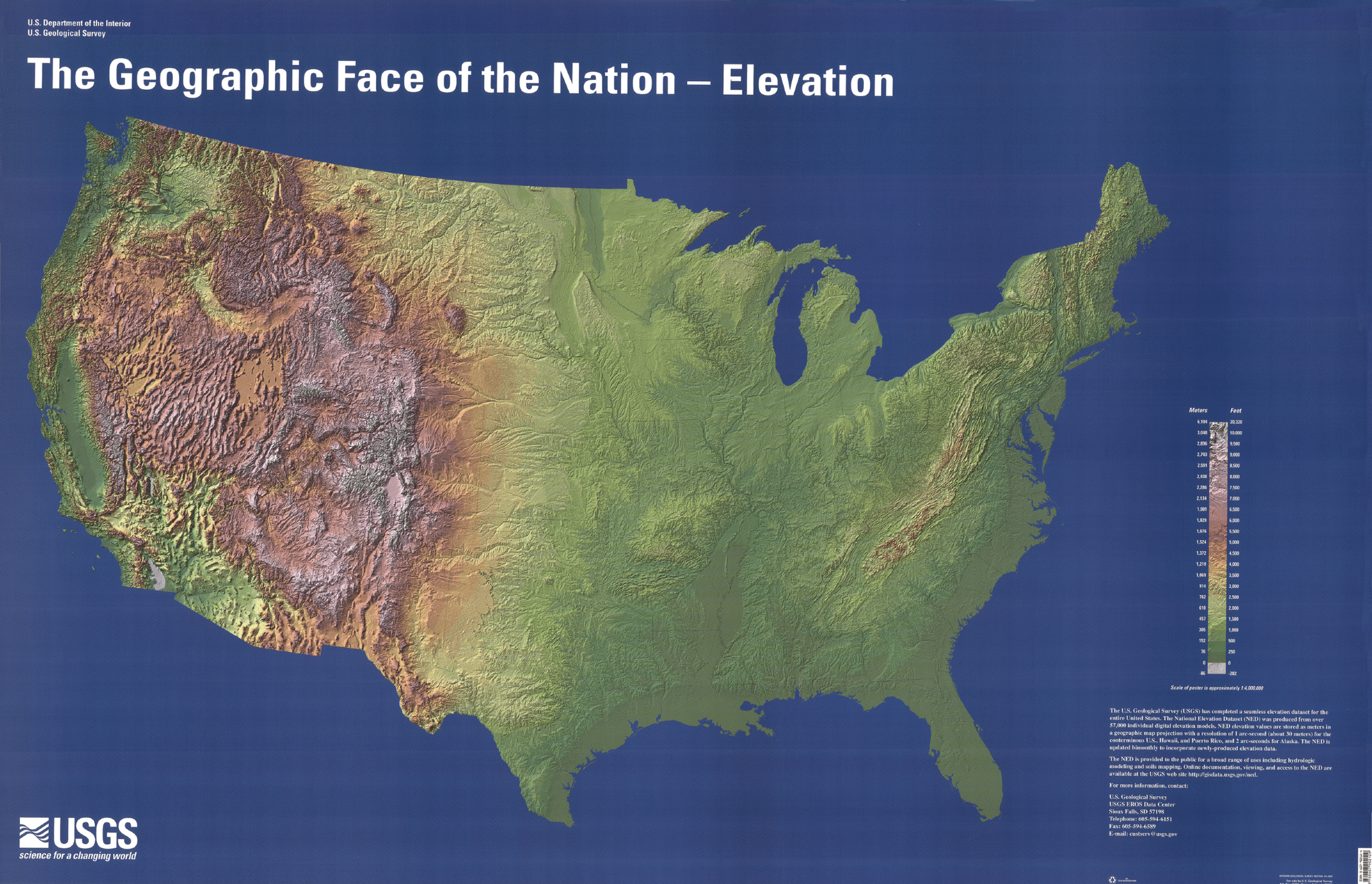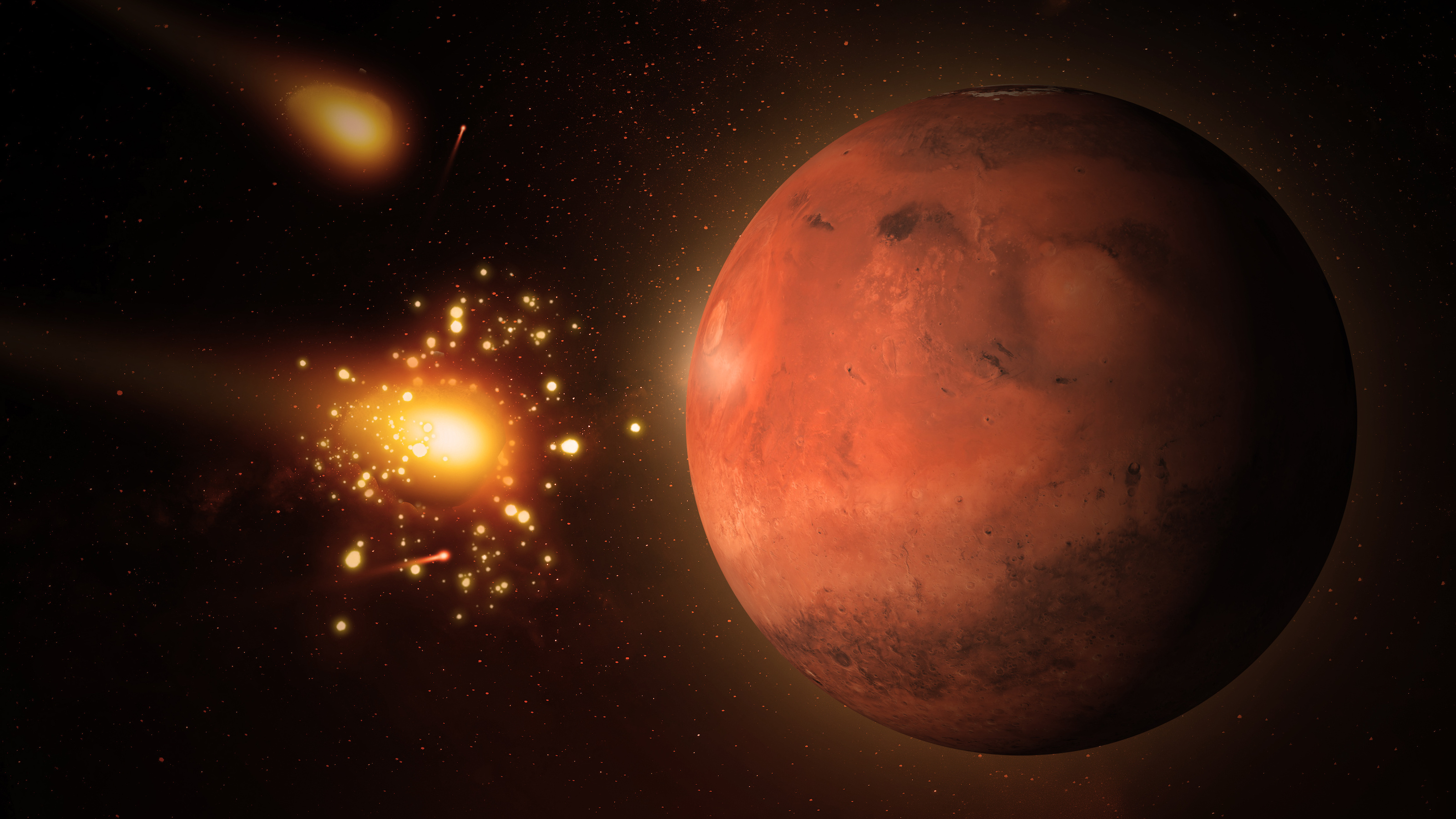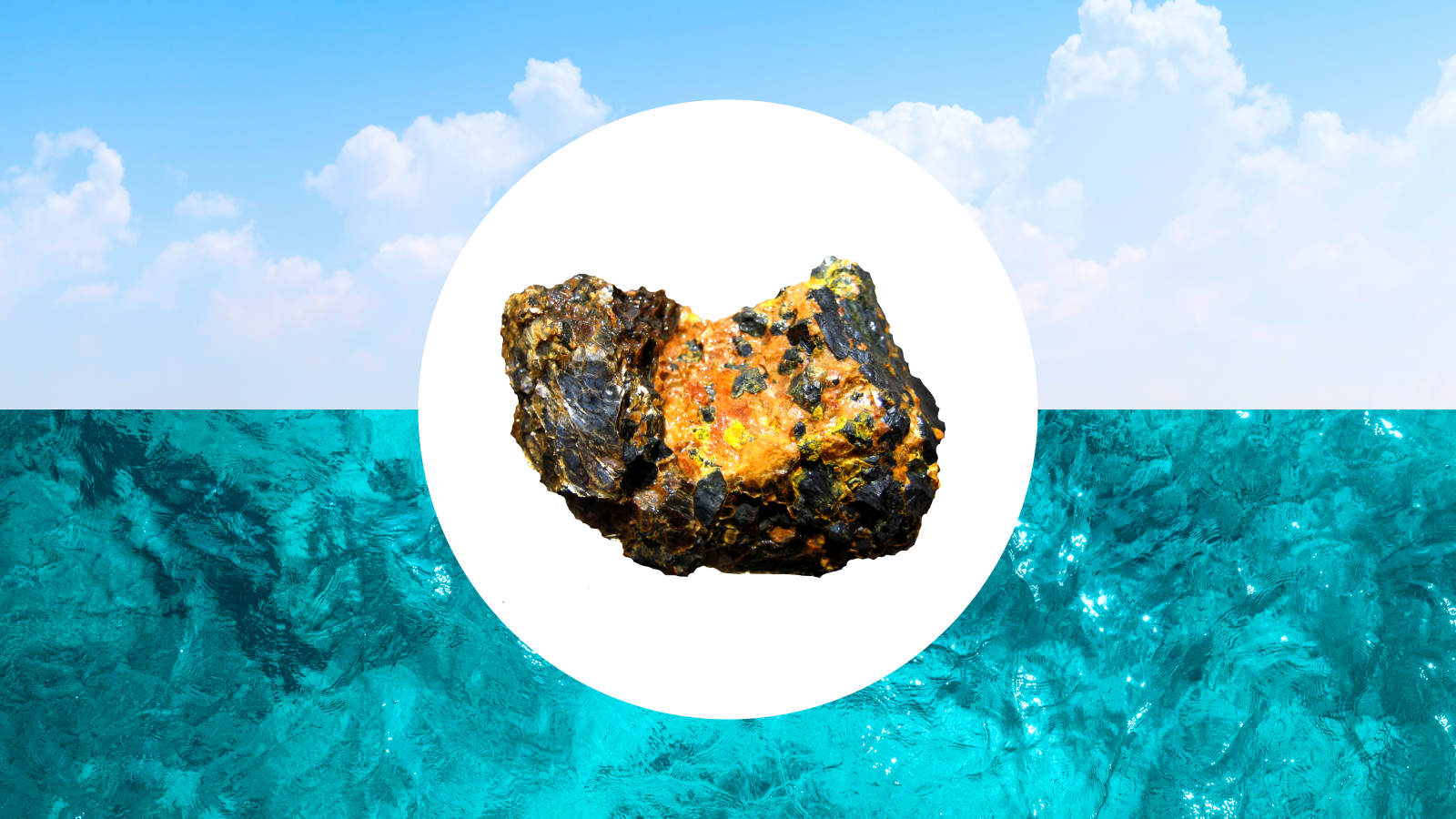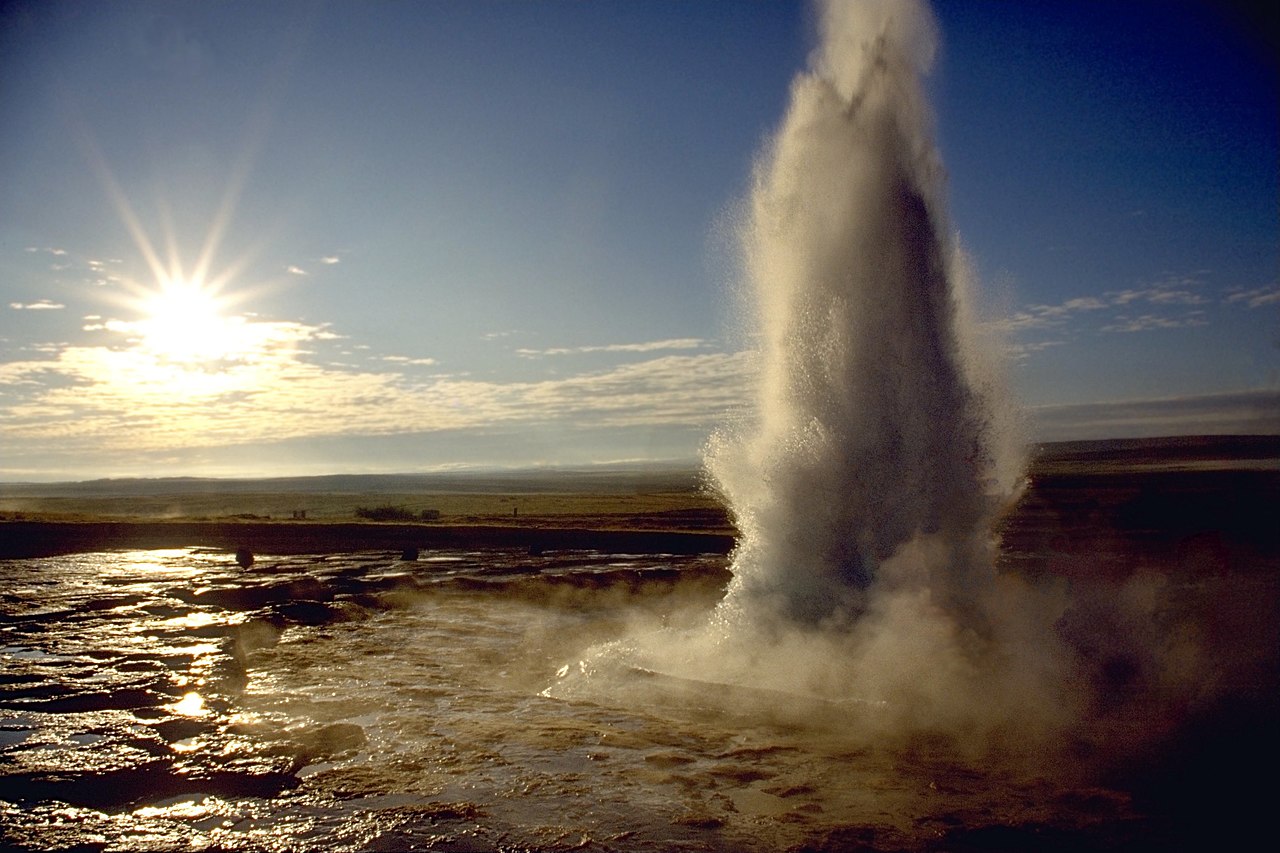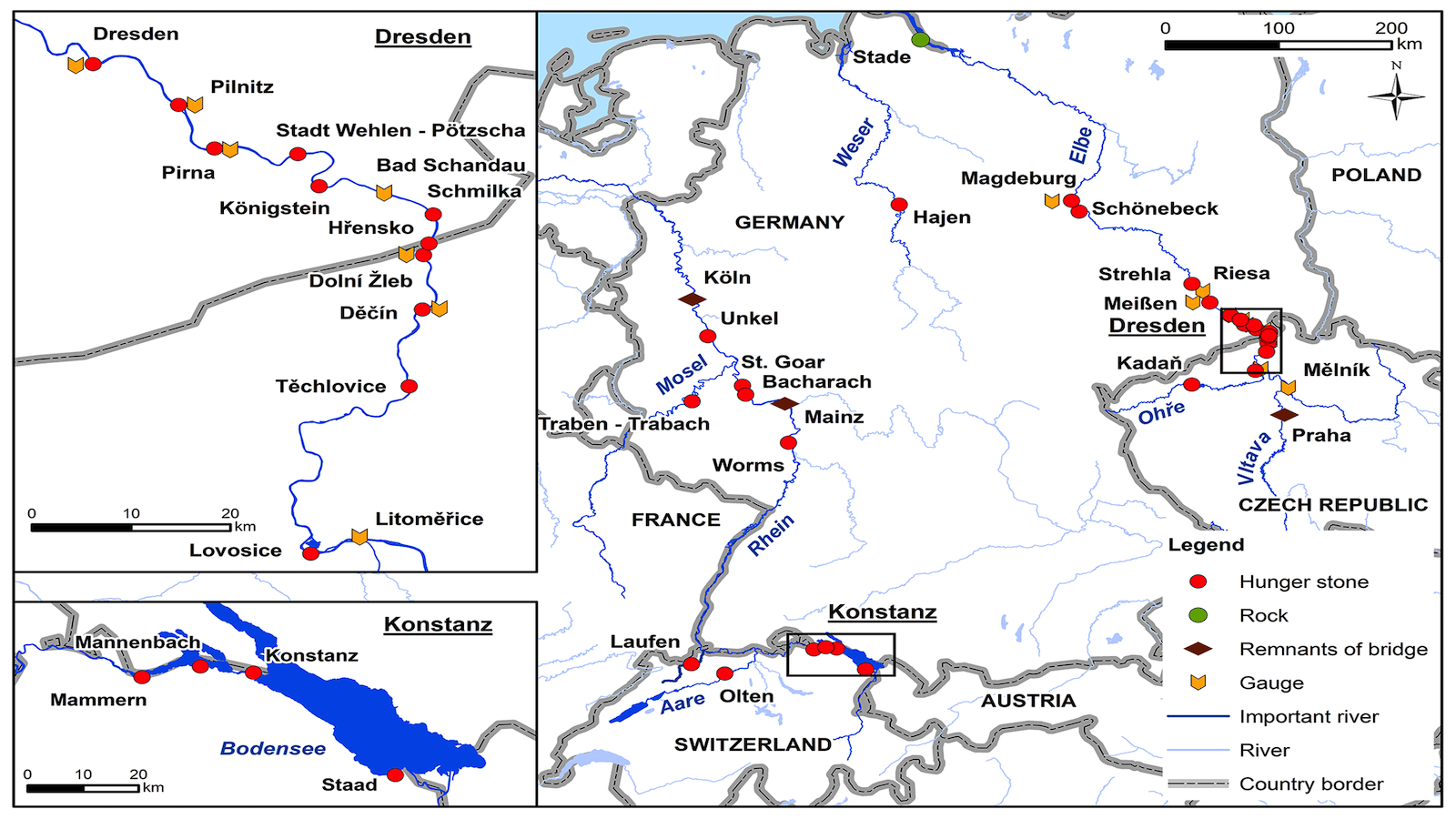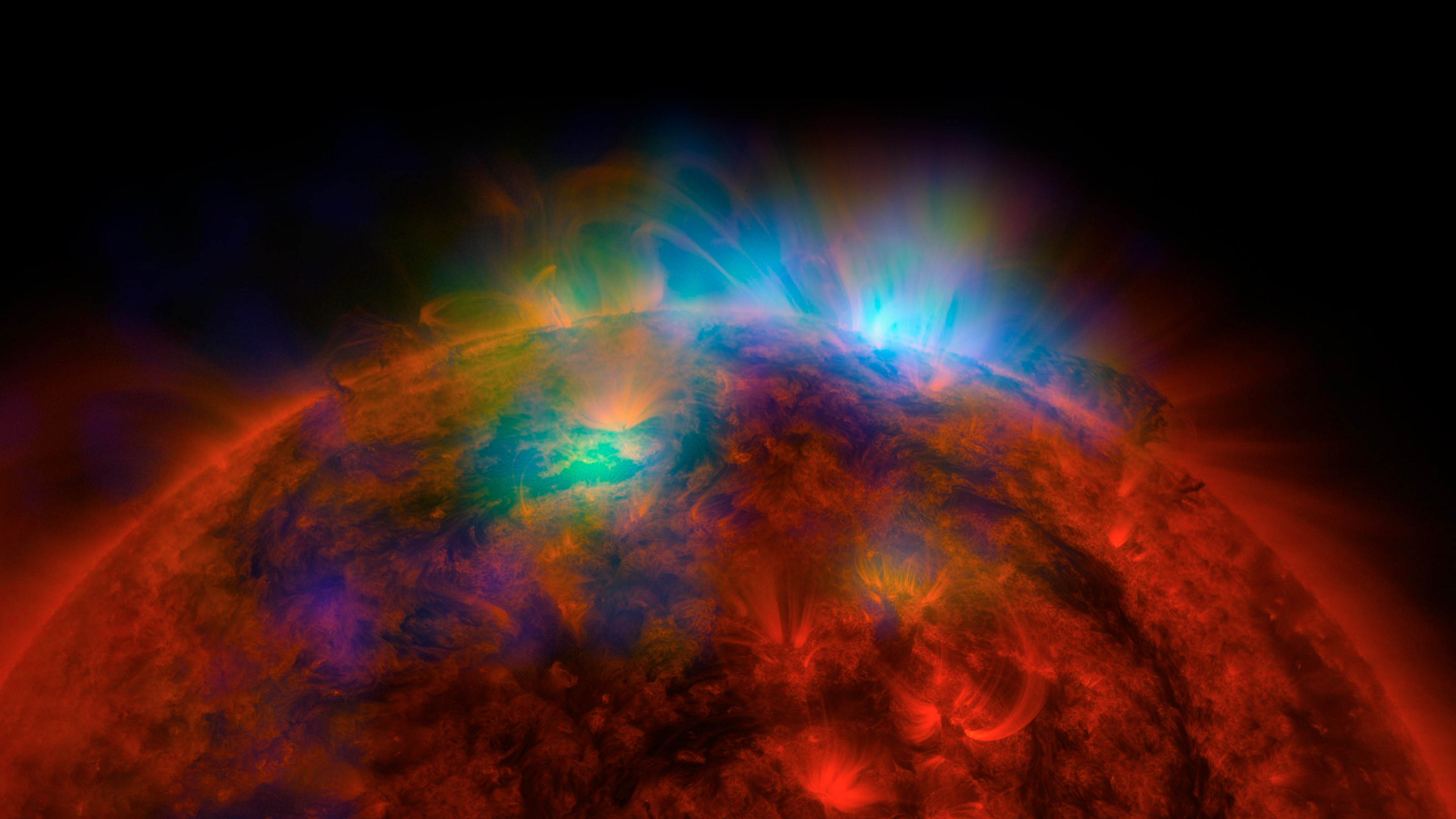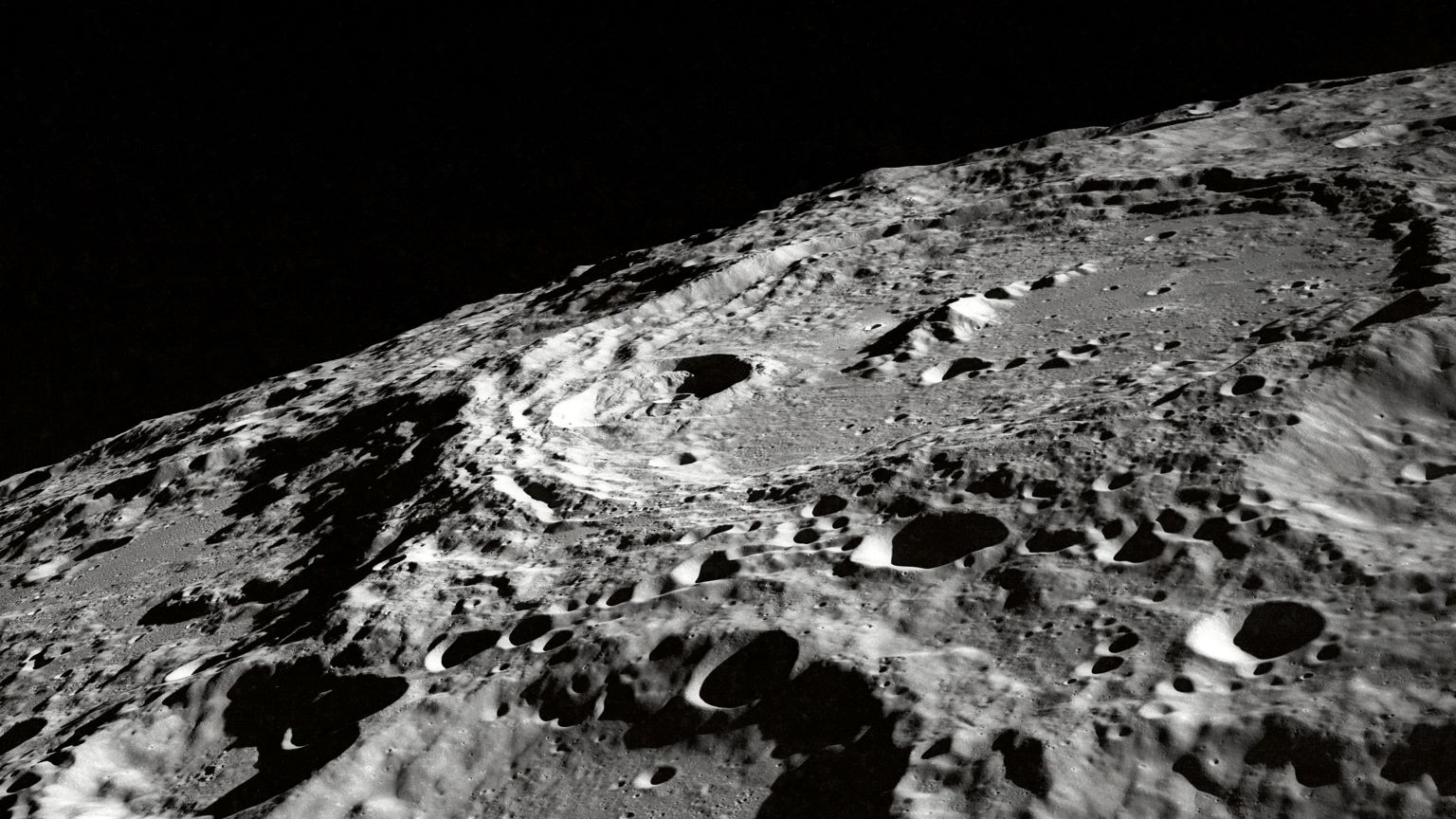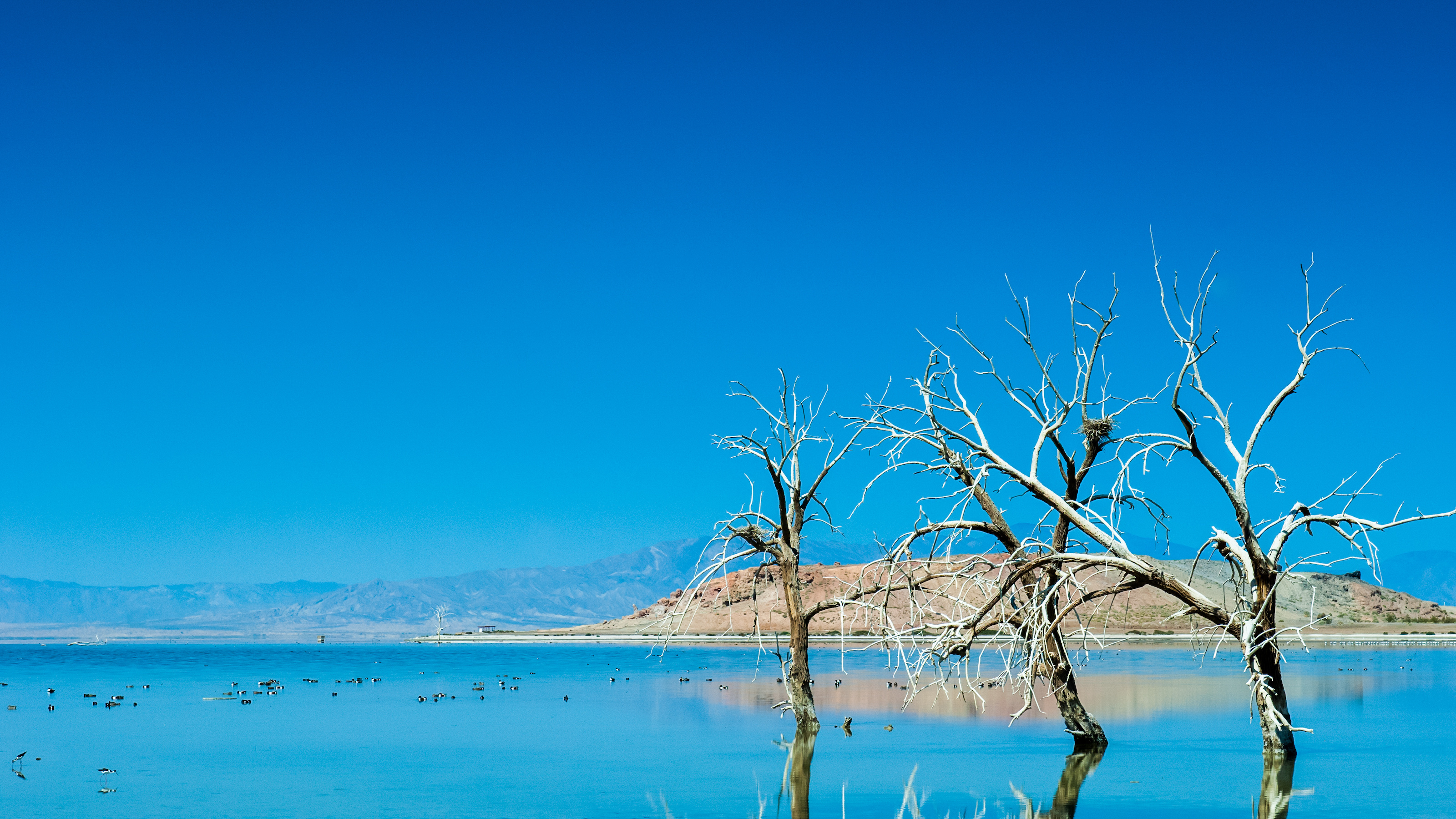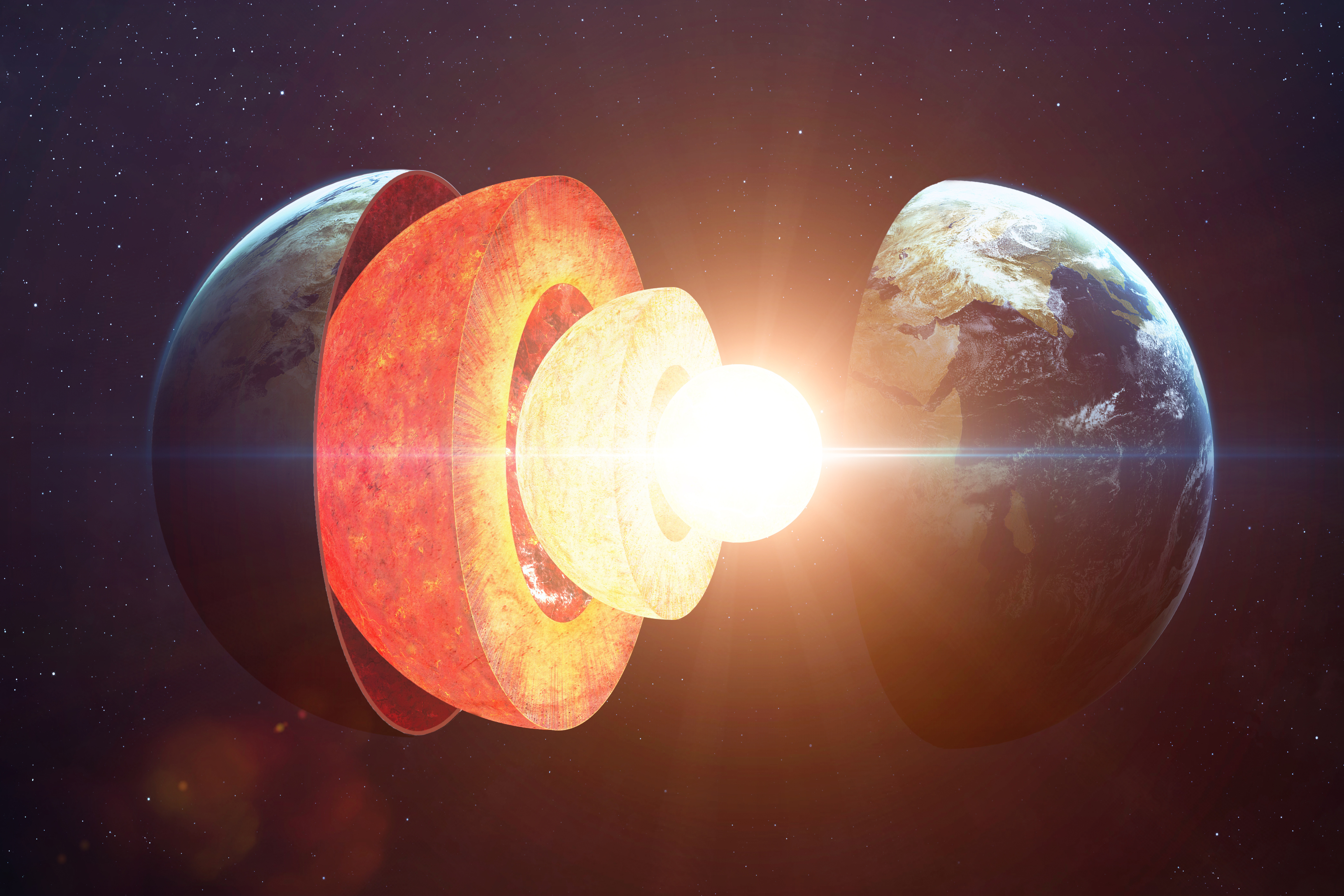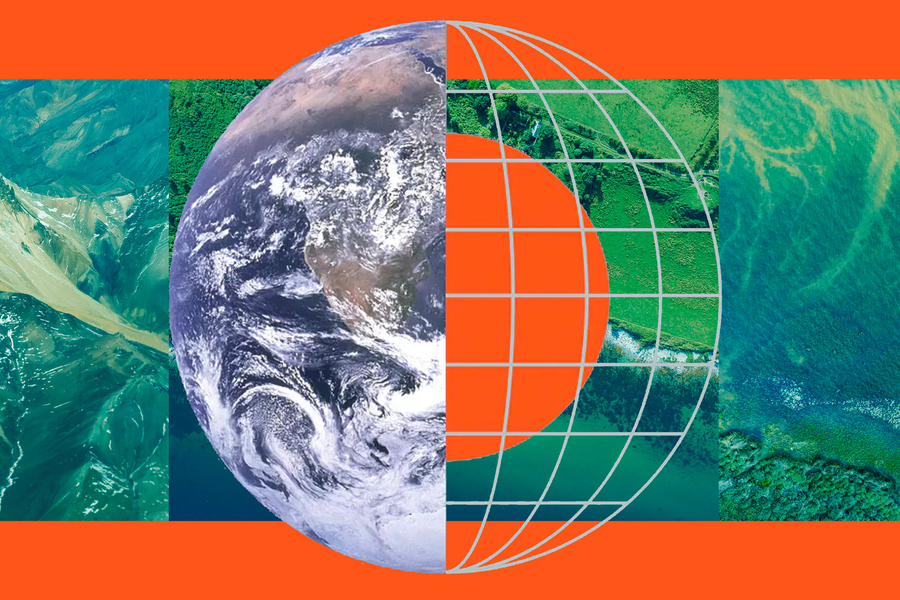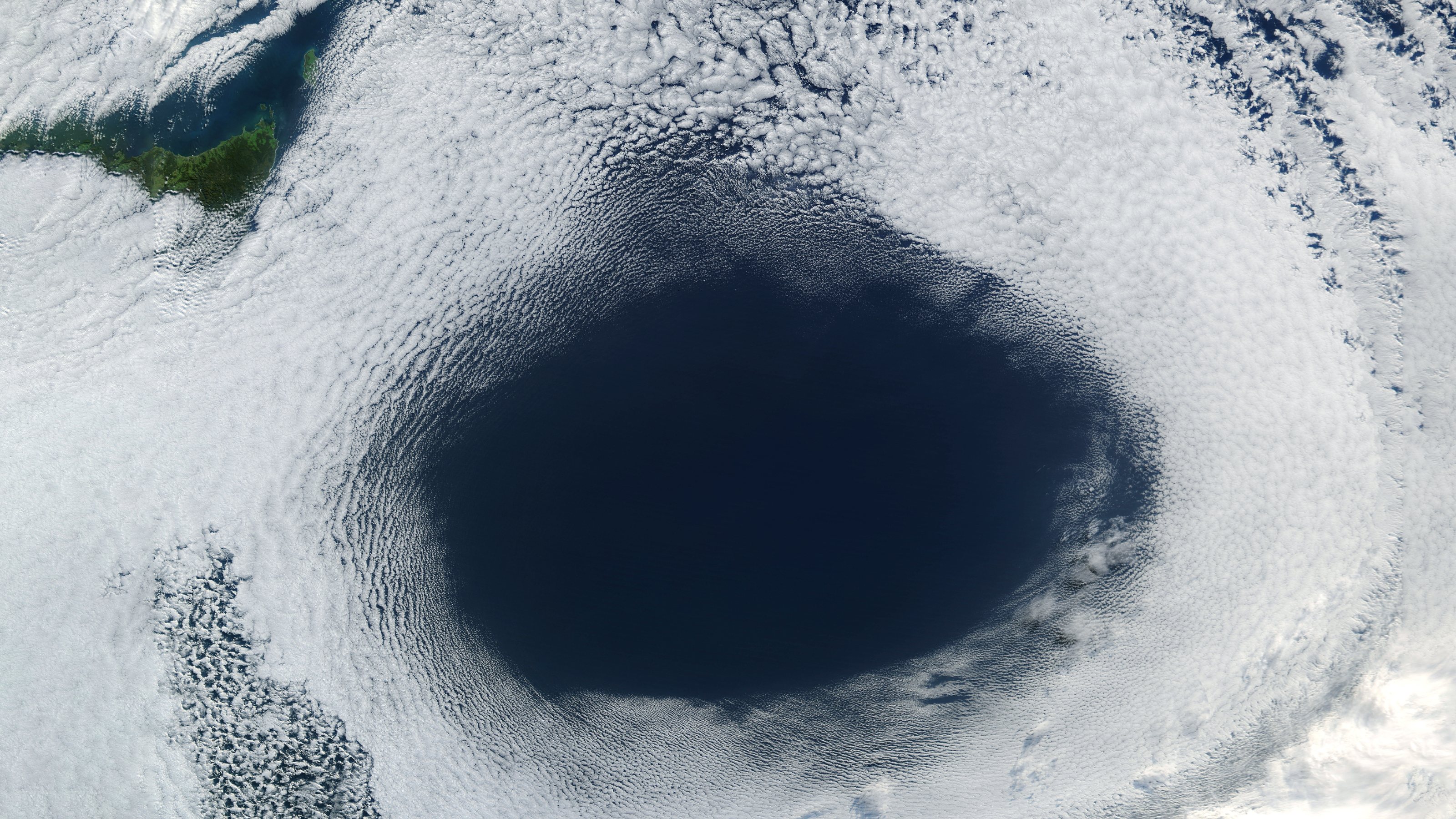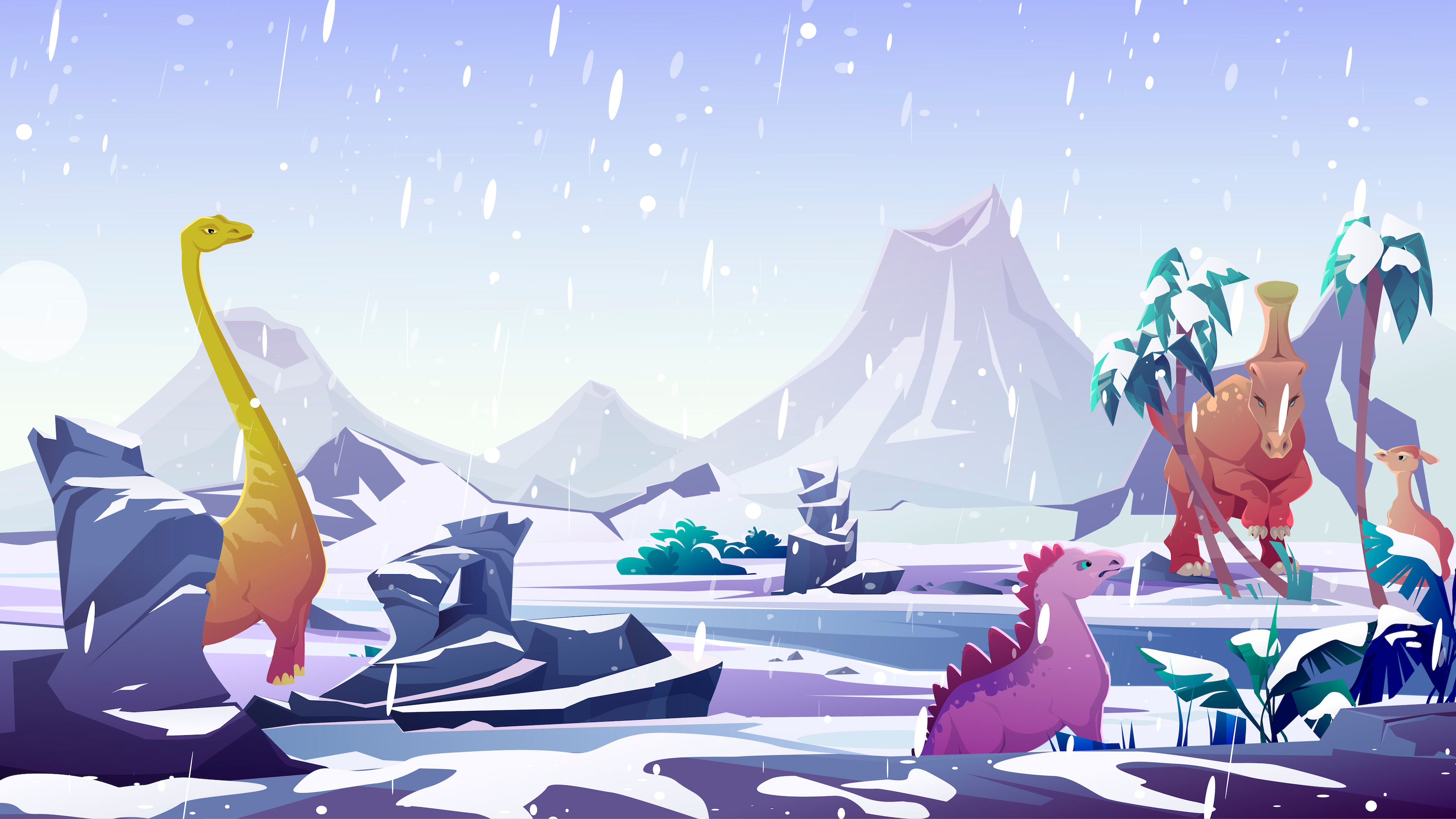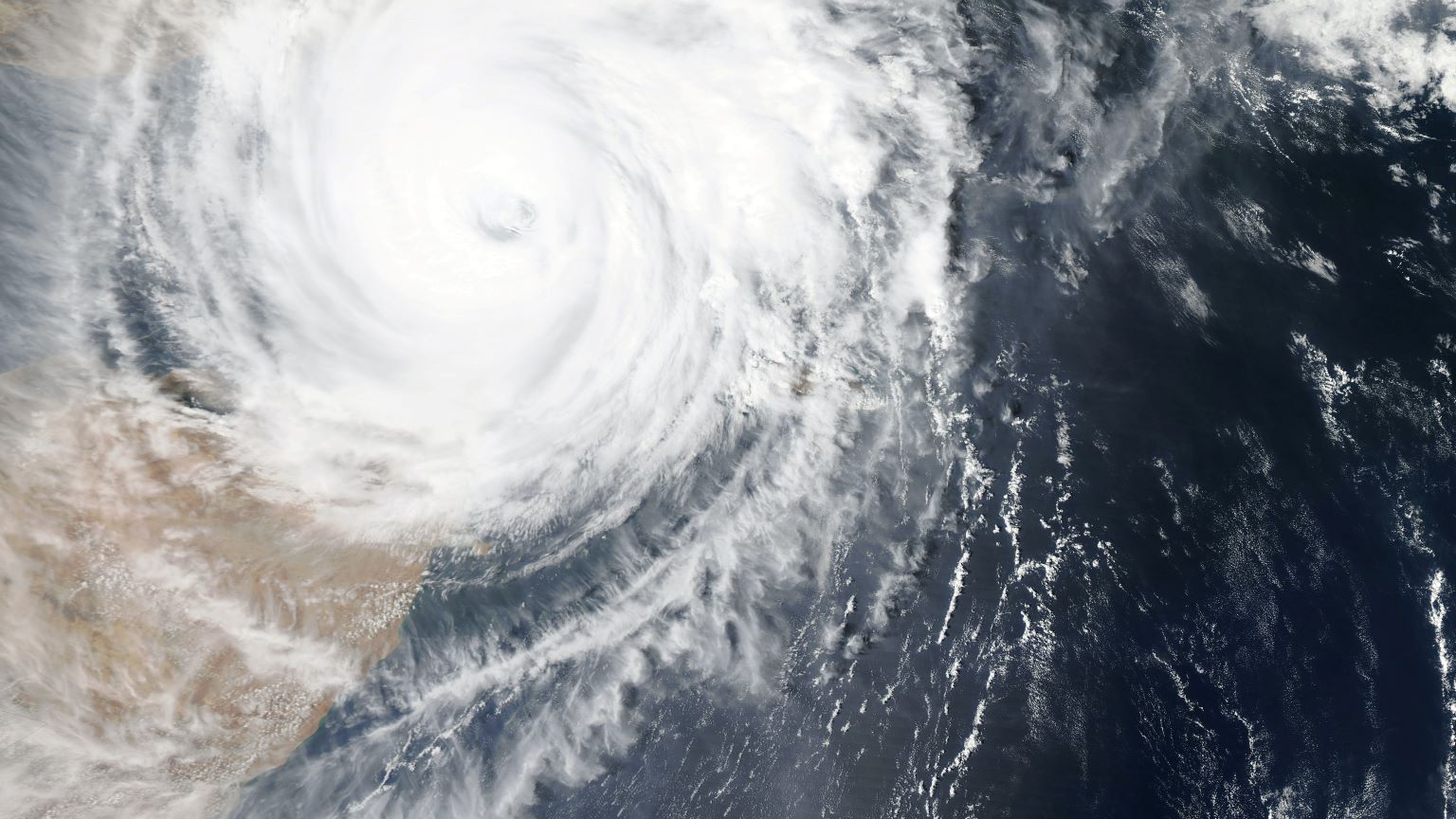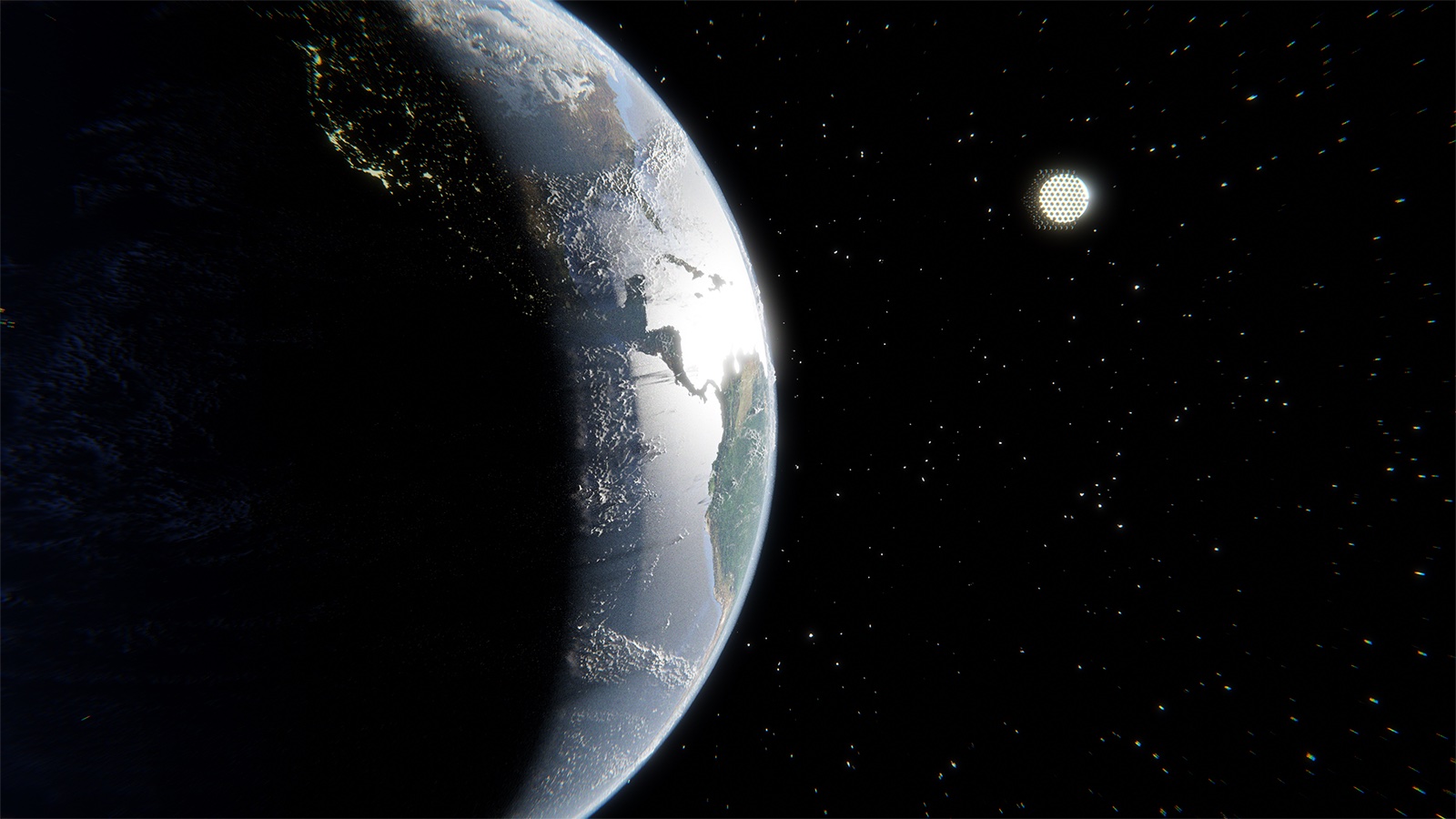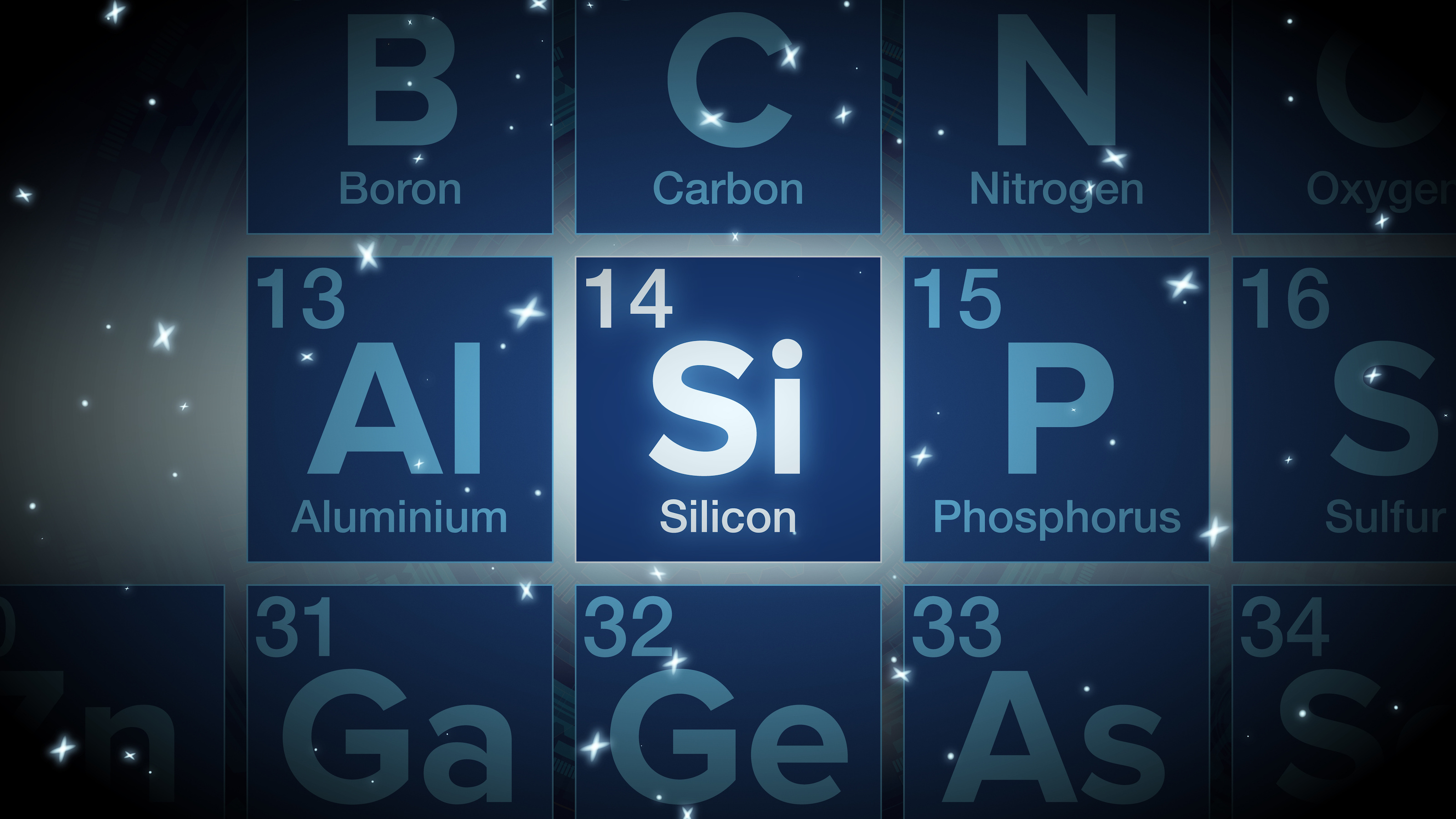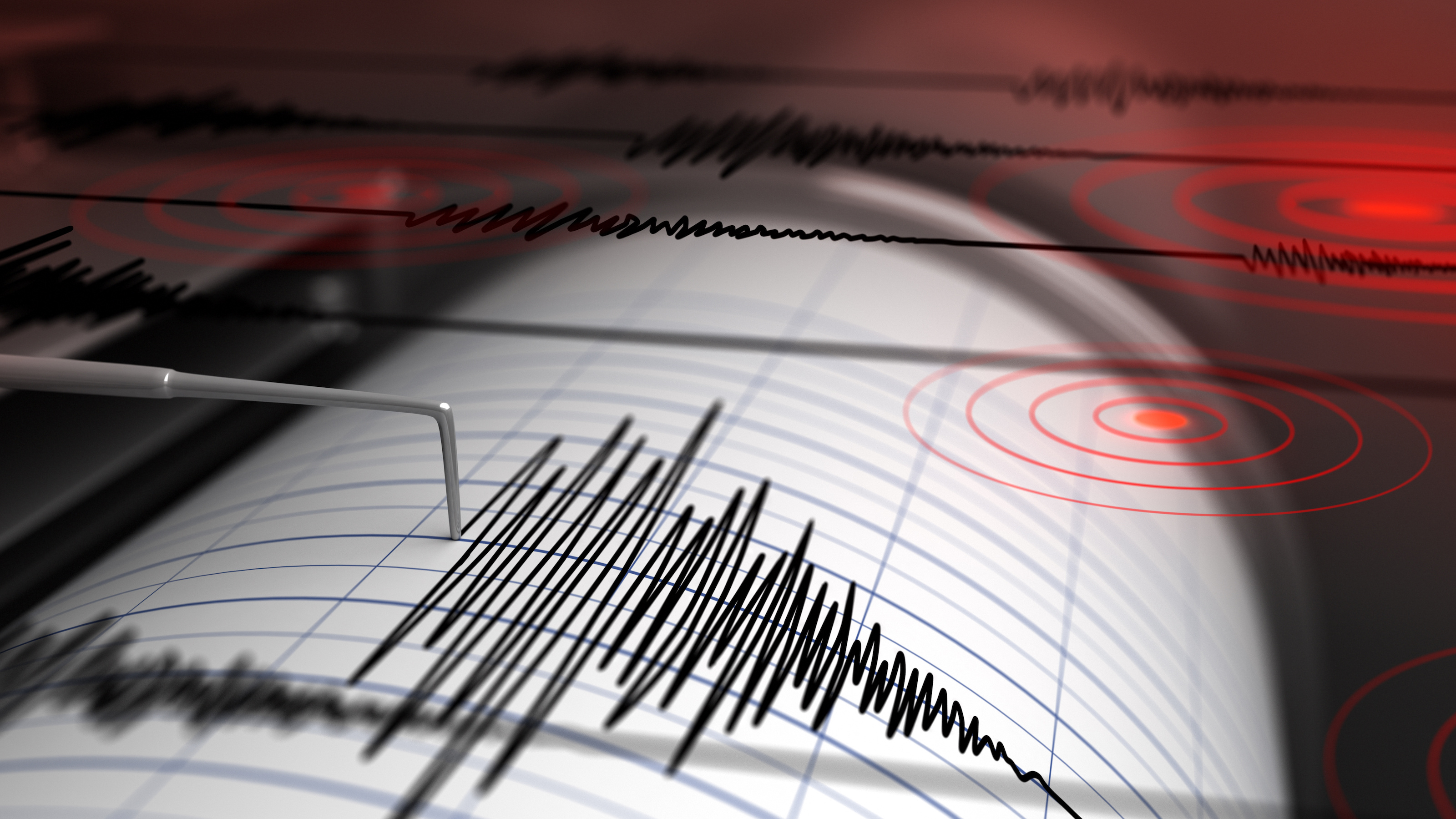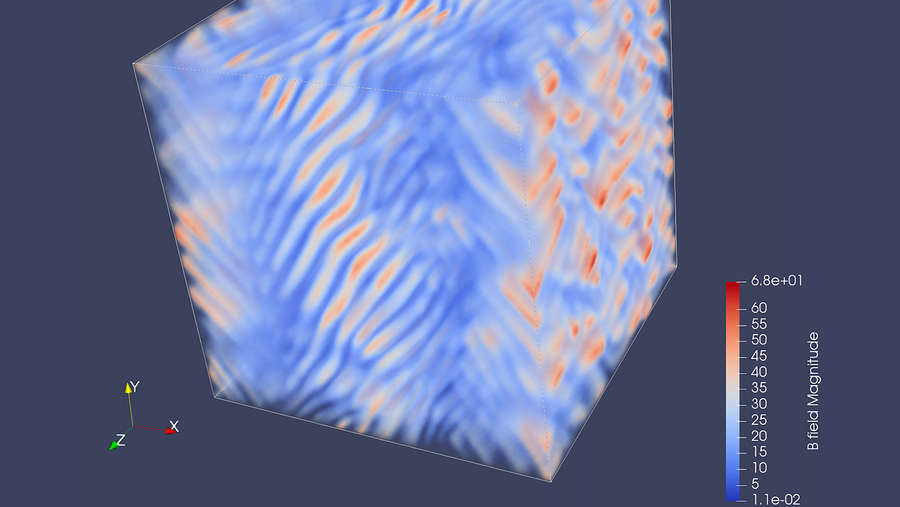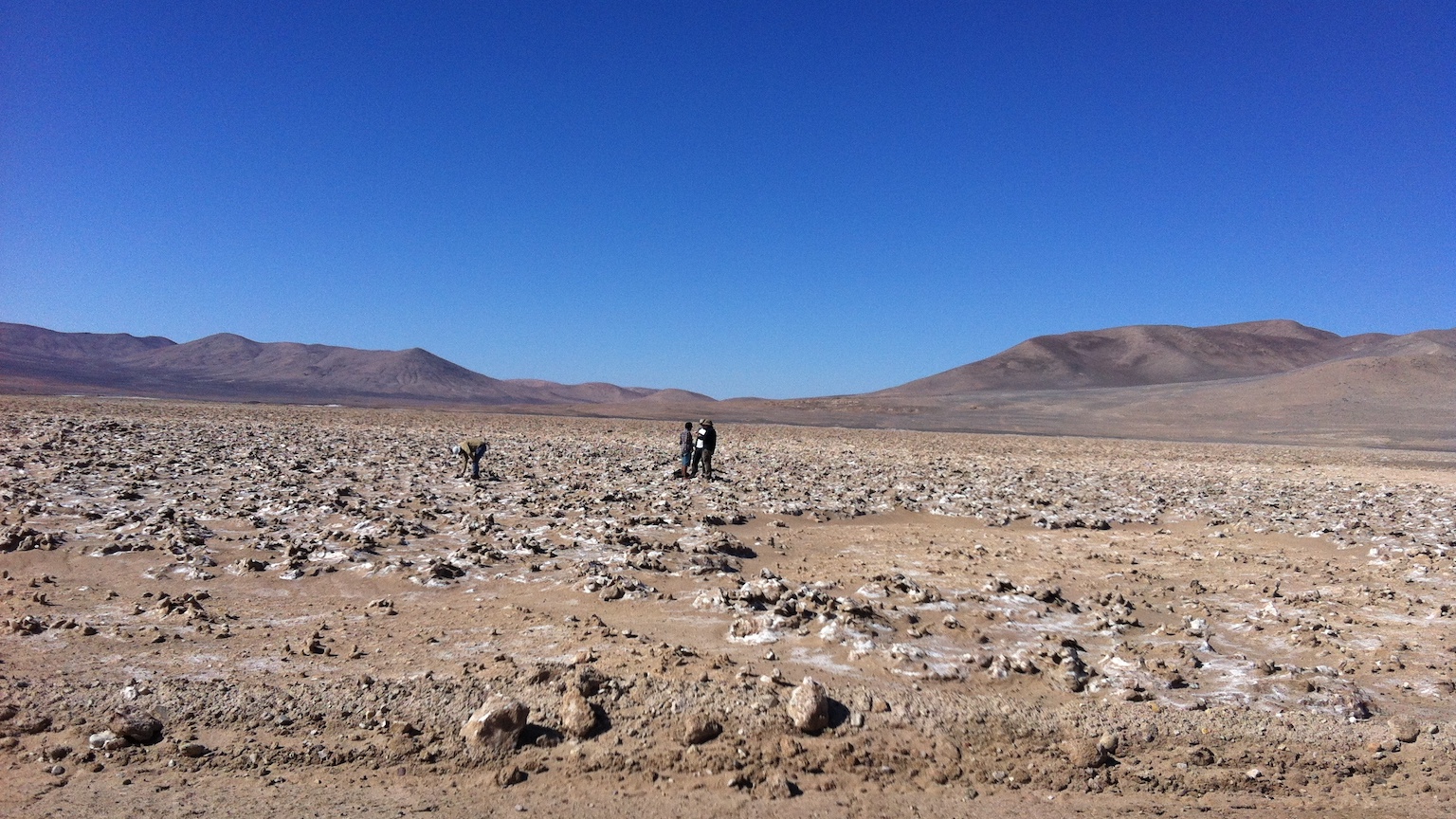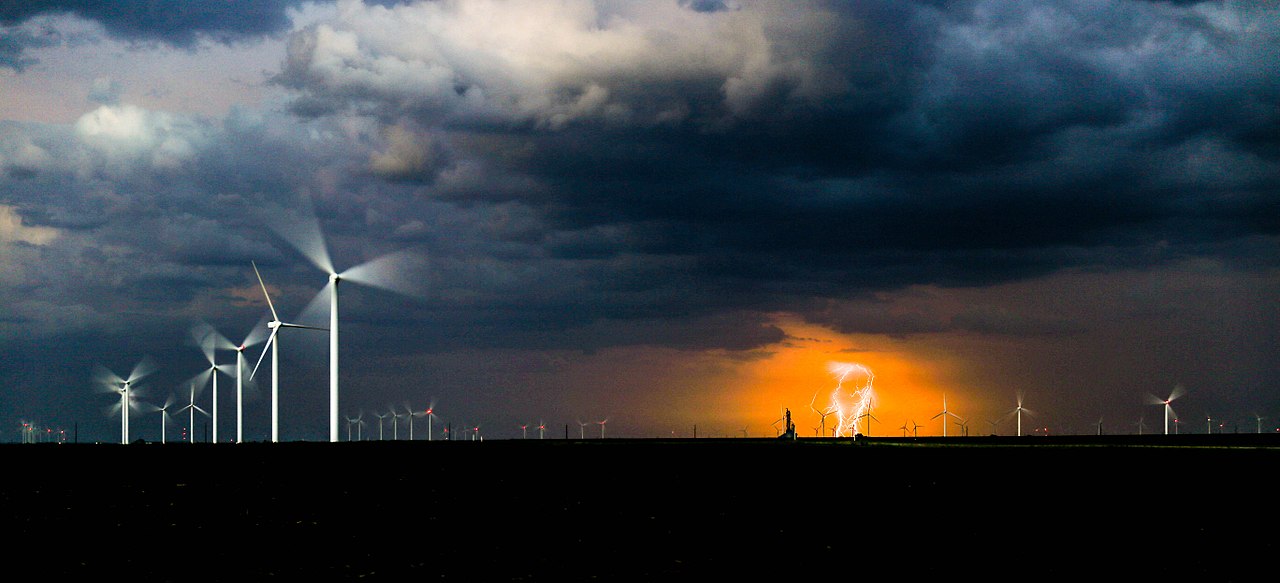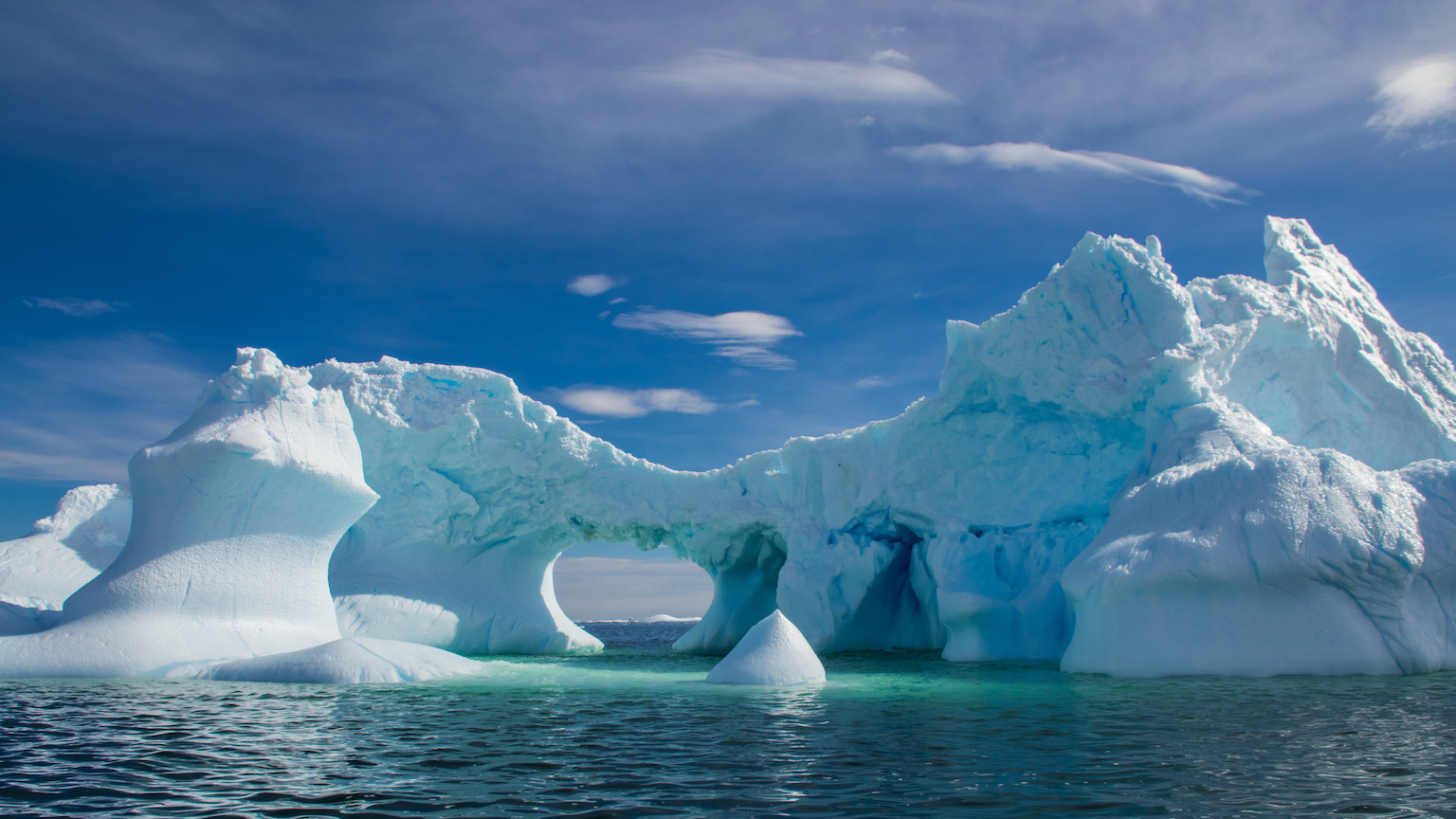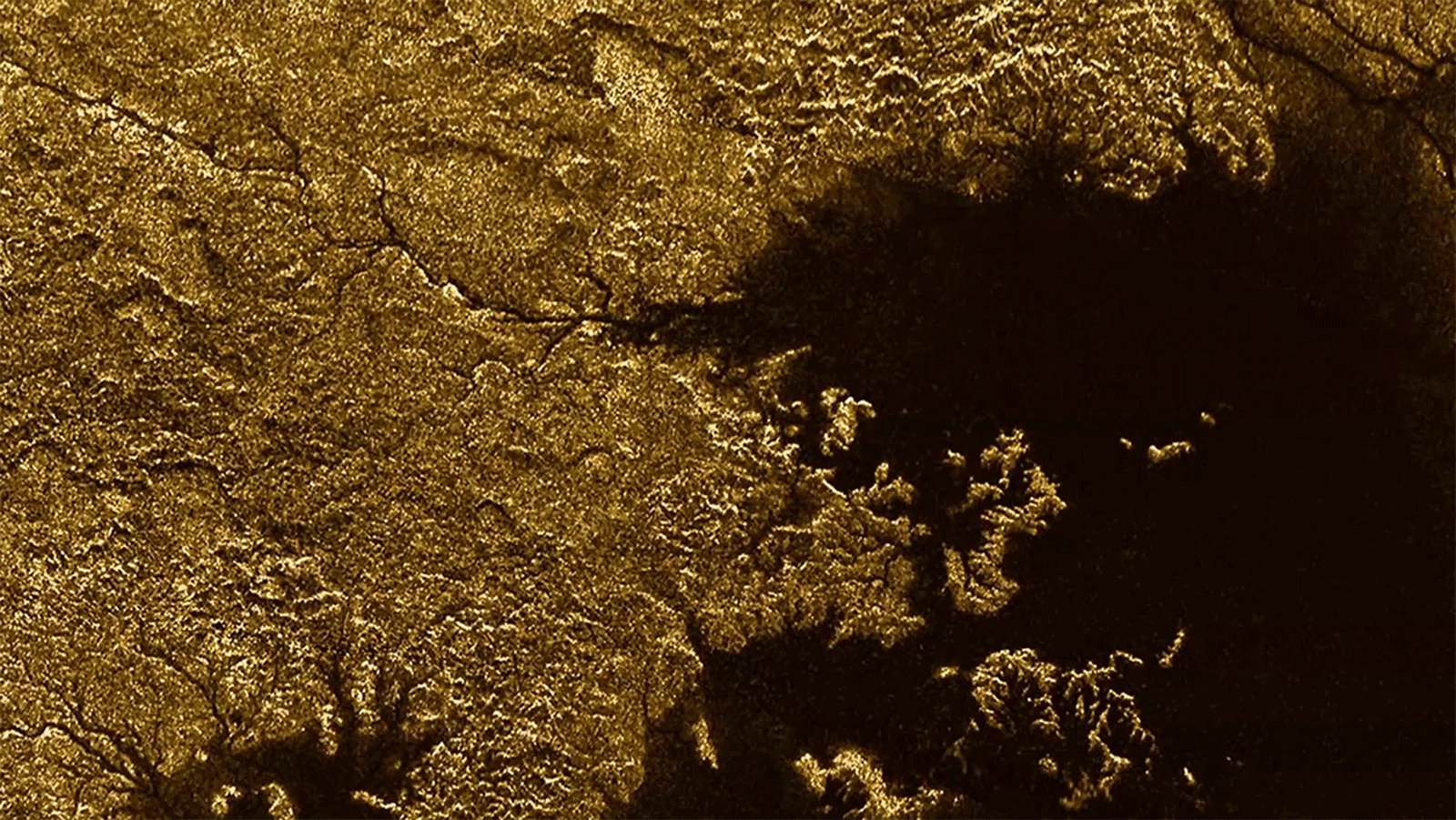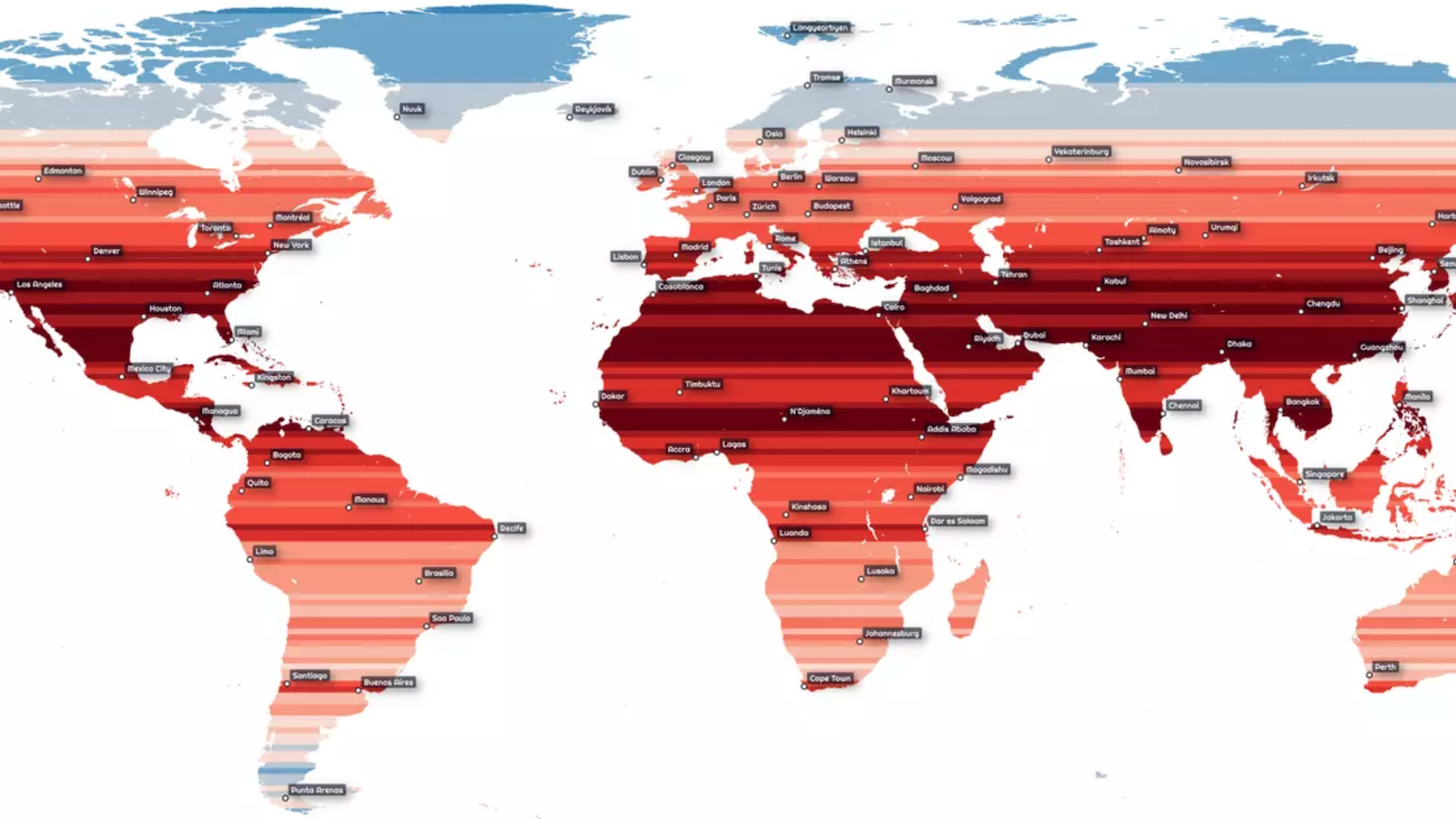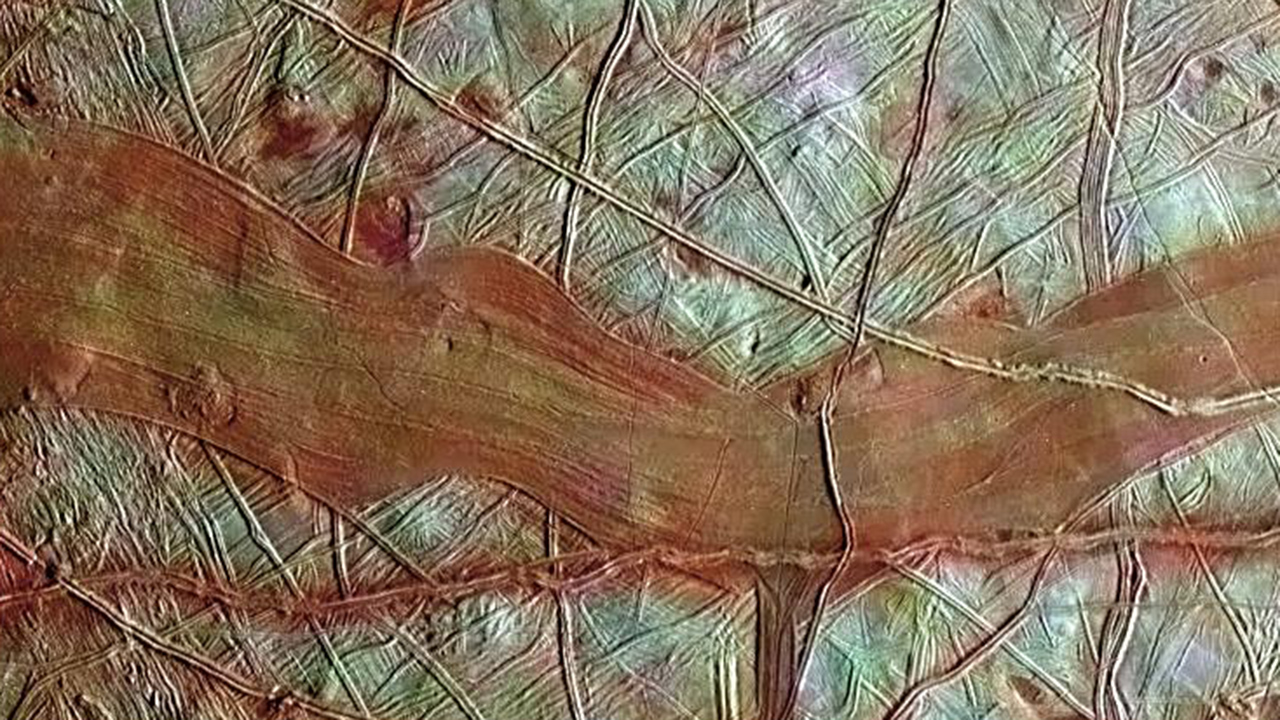earth science
Living at a higher elevation is a double-edged sword.
Asteroid collisions aren’t always bad.
The new material may make marine uranium extraction economically feasible.
When Cameroon’s Lakes Monoun and Nyos exploded, they released clouds of carbon dioxide that suffocated everything in its wake.
“When you see me, weep.” When rivers dry up in Central Europe, “hunger stones” with ominous inscribed warnings from centuries past reappear.
“The surface is no longer a record of every impact the moon has ever had, because at some point, impacts were erasing previous impacts.”
A team of scientists hopes deep-earth lithium could sustain America’s vast demand for batteries. But extracting it won’t be easy.
The length of a day oscillates slightly every six years. This was a surprising discovery made last decade. We might now know why.
“I thought, why not direct these high-power beams, instead of into fusion plasma, down into rock and vaporize the hole?”
Some ozone experts seriously doubt the findings.
New research finds that dinosaurs were already adapted to living in cold climates before the end-Triassic mass extinction. But how?
A marine scientist explains the threat of the Loop Current, a 800-pound gorilla of Gulf hurricane risks.
Here’s why mega-eruptions like the ones that covered North America in ash are the least of your worries.
An out-of-this-world idea could help reduce some of the risk of solar geoengineering.
Photosynthesis is powerful but very inefficient. Humans can improve on this biochemical process to help the planet.
On Earth, carbon can form millions of compounds, while silicon is largely stuck inside rocks. But elsewhere, silicon could form the basis of life.
Your eyes are playing tricks on you.
Here’s what the weather phenomenon baking large parts of the country actually means.
Some of the coastal areas were not repopulated for millennia afterward, showing that there was a long-lasting memory of this tragic event.
Any alien civilization that grows to span an entire planet would spark the same effects that we have. So, what do we do about it?
Where did the “seed” magnetic field come from in the first place?
Researchers have discovered 830-million-year-old microbes living inside a salt rock on Earth. Could the same occur on Mars?
Wind energy is one of the cleanest, greenest sources of power. But could it have the sneaky side-effect of changing the weather?
The answer may lie in the particular way sand forms on Titan.
In 100 years, perhaps this map showing humanity clustering around the equator will seem “so 21st century.”
The sky is blue. The oceans are blue. While science can explain them both, the reasons for each are entirely different.
The simulation gave researchers some of the first concrete data linking climate change to human evolution and speciation.
Europa may be difficult to access. But if a recent study is correct, its subsurface ocean would be more accessible than previously thought.
